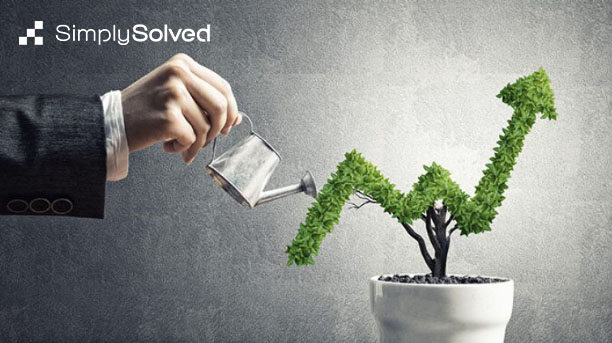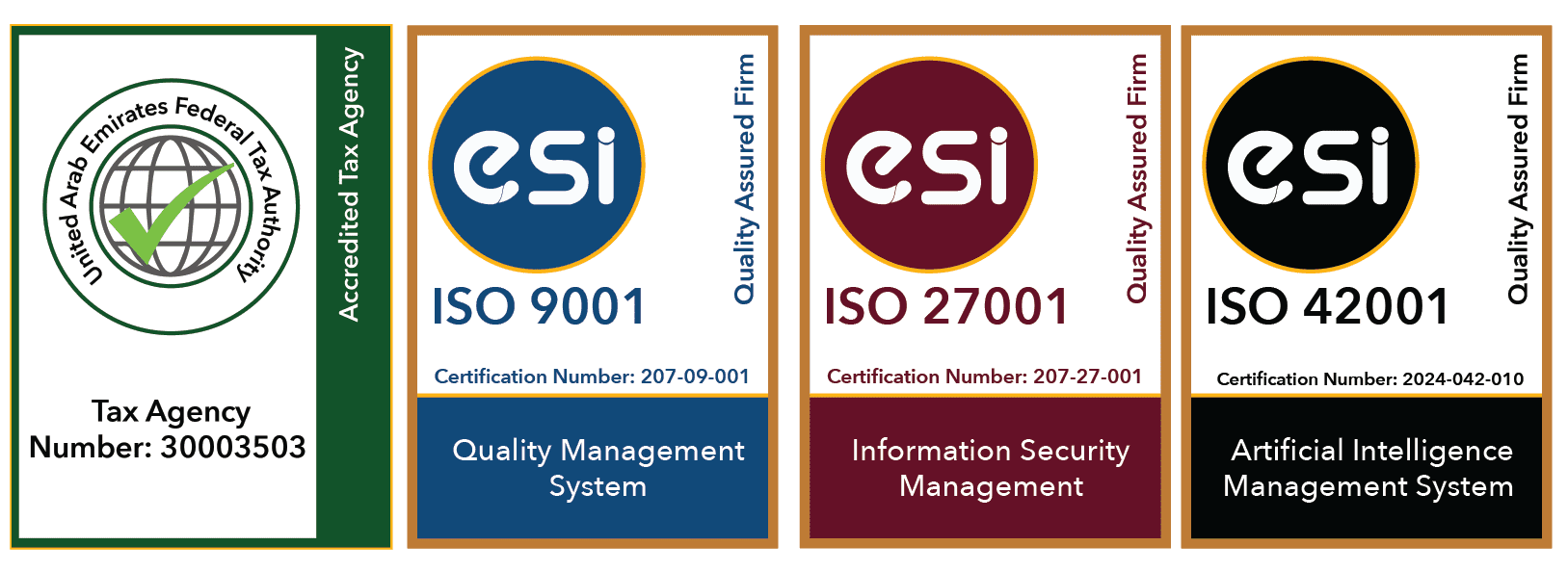VAT Profit Margin Scheme
August 10, 2021 / Haroon Juma / VAT & Tax Blog

Under the Executive Regulations Title Five – Profit Margin Scheme Article 29, Accounting for Tax on the Margin, specific provisions have been established to enable VAT to be correctly charged where Goods are:
- Second-hand Goods – that is, tangible moveable property suitable for further use in its current condition or after repair.
- Antiques- Goods that are over 50 years old.
- Collectors’ items – such as stamps, coins and currency, and other pieces of scientific, historical, or archaeological interest.
The scheme is specifically designed to enable second-hand goods dealers a provision to pay VAT only on the profit earned on the supply that has been given.
The Profit Margin Scheme can be broadly applied to:
- Second-hand goods on which VAT has already been charged at the time of its first supply.
- In addition, the scheme is eligible where goods purchased by registered second-hand goods dealers are acquired from unregistered consumers where VAT is not charged, and no input tax is recovered by the second-hand goods dealer.
Does The Scheme Apply To B2B Transactions?
Where registered second-hand goods dealers purchase used goods from tax registered persons, the supplier can elect to charge VAT on the supply and is eligible to recover the input tax paid. If the second-hand goods dealer elects to supply eligible used goods under the margin scheme, the dealer is not eligible to recover this input tax on the purchase.
What Supplies Satisfy Requirements Under The Profit Margin Scheme?
To accurately satisfy the criteria and ensure VAT is charged on the margin, the taxpayer must register as a supplier operating the Profit Margin Scheme and fulfill either of the following conditions:
Goods should be purchased from either:
- A person who is not registered for VAT holding a TRN number or
- A Taxable Person who registered and supplied the goods under the Profit Margin Scheme or
- Where input tax is not recovered on the purchase of the goods
Therefore, the clear requirement is that input tax should not be recovered on the goods supplied.
What Considerations Should Be Made In A Taxpayer Operating The Scheme?
Operating under the scheme places specific requirements in a transactional recording. The taxpayer can avoid stating the actual VAT charged on the Tax Invoice. In doing so, the taxpayer can avoid declaring the VAT due and hence commercially sensitive margin calculations to the buyer.
The legislation places specific requirements for transactional recording and declaration.
The profit margin is calculated as the difference between the purchase and the selling price of the Goods. The profit margin shall be deemed to be inclusive of Tax.
Selling Price – Purchase Price = Margin Inclusive of VAT
The Taxable Person is obliged to keep complete records in respect of supplies made in accordance with the provisions:
a. A stock book or a similar record showing details of each Good purchased and sold under the profit margin scheme.
b. Purchase invoices showing details of the Goods purchased under the profit margin scheme. Where the Goods are purchased by individuals who are not VAT Registered, the Taxable Person must issue an invoice showing details of the Goods himself to self-account for the purchase. This document should include at least the following information:
- The name, address, and Tax Registration Number of the Taxable Person.
- The name and address of the Person selling the Good.
- The date of the purchase.
- Details of the Goods purchased.
- The consideration payable in respect of the Goods.
- Signature of the Person selling the Good or authorized signatory.
c. Where a Taxable Person has charged Tax in respect of a supply with reference to the profit margin, the Taxable Person must issue a Tax Invoice that clearly states that the Tax was charged with reference to the profit margin. The Tax Invoice must also detail other information required to be stated in a Tax Invoice except for the amount of Tax.
Accounting & Tax Services
As an approved FTA Tax Agency, SimplySolved supports businesses under advisory or complete outsource basis to optimise, manage and discharge tax obligation in the UAE. Our experts possess in-depth knowledge of the UAE tax regulations and can guide you through the intricacies of the UAE Corporate Tax Law.
By leveraging our expertise, you can streamline the process, saving time and minimizing the risk of errors. This proactive approach ensures that your Tax matter are handled efficiently, allowing you to focus on your core business activities.
Simply Solved is an ISO 9001 & 27001 certified company and a registered FTA Tax Agency. Our team of experienced consultants and tax agents provides high-quality, cost-effective services for all Tax matters for companies of all sizes.
Contact us for more information about our services.

About SimplySolved
At SimplySolved, we save your time, resources, and costs. Whether you need help with Outsourced Accounting, Finance, Tax, Employee Management & Payroll or ERP & Zoho Implementation. we have the expertise and solutions to help.
Subscribe to mailing list
Partner With SimplySolved
Serving over 300+ clients we know the challenges your business faces operating cost effective, compliant and efficient back office operations.
As an FTA Accredited Tax Agency with ISO 9001 Quality & 27001 Information Management Certification, we offer a quality-based approach to our services supported by dedicated team of certified professionals.
We support our clients with defined processes, platforms and expertise to deliver advisory, project and outsourced services in Accounting, Tax, Auditing, HRM & Payroll & ERP solutions. Our offerings are specially designed to meet the UAE Regulations to put you in control of your information, comply to the legislation and help you make better business decisions.
Copyright © 2024 | SimplySolved | All Rights Reserved.




